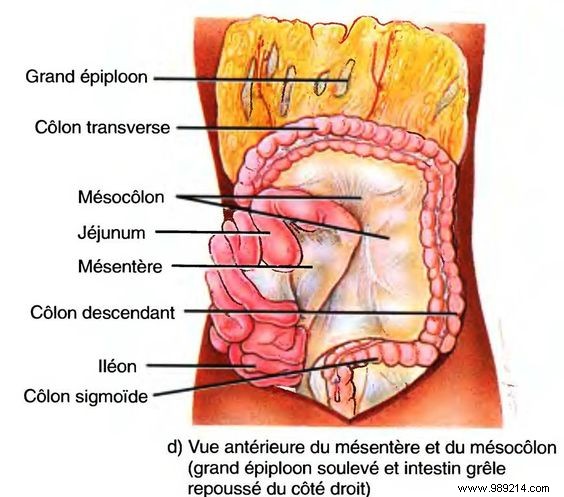While some of our organs are essential for the functioning of our body, others can be removed without serious consequences. But how many do we have, exactly?
Making a list of the organs of the human body is a bit complicated. Not because some components escape us, but because not everyone necessarily agrees with the precise definition of an organ. For the vast majority, it is nevertheless a set of tissues contributing to the realization of a physiological function . By adopting this definition, we have long thought that the human body has 78 organs (men and women combined). Note that in this list, bones and teeth are only counted once.
On this sample, only five organs – brain, heart, liver, at least one kidney and at least one lung are absolutely essential for life. The brain regulates motor and cognitive functions, while the heart provides blood circulation. At the same time, the liver purifies the blood and stores nutrients, the lungs allow respiration, and the kidneys filter blood and evacuate body waste via urine. Loss of total function of any of these vital organs therefore results in death.
Conversely, the human body can survive without many other organs, or by replacing a non-functioning organ with a medical device.
That said, this "official" list of 78 organs has recently been upgraded. In 2017, a study published by researchers at University Hospital Limerick suggested considering the mesentery as the 79th organ in the human body.
The mesentery, concretely, is a partition with two tissue layers lining the peritoneum and allowing in particular the attachment of the small intestine to the posterior wall of the abdominal cavity. Between these two layers are nerves and vessels supplying the small intestine. The mesentery had always been considered a fragmented structure composed of several distinct parts. However, according to this new research, it would in fact be a continuous structure. Thus, the mesentery would indeed be an organ.
More recently in March 2018, researchers claimed to have identified the 80th organ in the human body. It would be the interstitium, made up of all the interstitial fluid located between the tissues.

That said, in histology (study of biological tissues), the vision of what an organ is could also be different. Lisa MJ Lee, who practices this discipline at the University of Colorado, for example, considers each bone as an organ, and the 206 bones together as an "organ system". If we start from this principle, taking into account what has been said previously, we could then count 285 organs. Then add the teeth, which until now were only counted as one organ, and you get an even longer list.
This game is obviously endless. Ligaments and tendons could, for example, significantly increase the total number of organs if all were counted individually. The initial list of 78 also only counts nerfs once…. But there are billions of them.
In the end, it doesn't matter how many. As Lisa MJ Lee points out to her students, the best is still to accept this type of ambiguity, and to take care of our whole body.